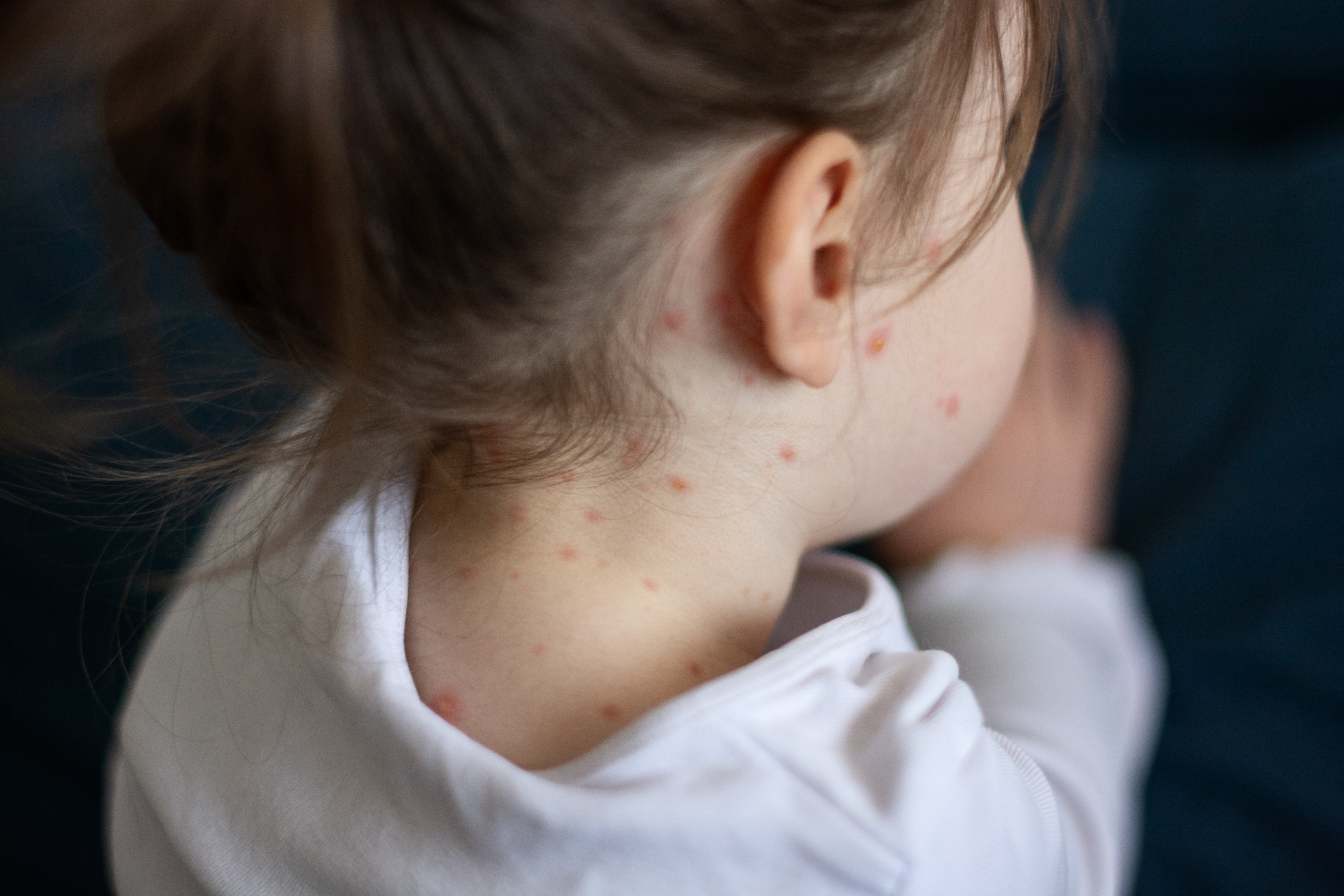Could a vaccine against shingles also protect against dementia? New research suggests a link between the two, indicating the shingles vaccine may reduce the risk of dementia in older adults.
A study published in Nature found that vaccinating against shingles lowered the risk of developing dementia by 20 per cent over a seven-year period.
The research, led by Dr. Pascal Geldsetzer of Stanford University, tracked individuals in Wales around the age of 80 who received the first-generation shingles vaccine.
The study also revealed women, who face a higher risk of dementia, appeared to benefit more from the vaccination.
While the study focused on an older version of the shingles vaccine, current recommendations in the US advise adults 50 and older to receive a newer, more effective version.
This adds another compelling reason to consider vaccination, according to Dr Maria Nagel of the University of Colorado Anschutz Medical Campus, an expert in neurotropic viruses.
The findings contribute to a growing understanding of the multifaceted factors influencing brain health during ageing.
The shingles virus "is a risk for dementia and now we have an intervention that can decrease the risk", Dr Nagel said.
With Alzheimer's and other forms of dementia on the rise in an ageing population, "the implications of the study are profound", Dr. Anupam Jena, a Harvard physician and health economist, wrote in a Nature commentary.
What is shingles?
Shingles, a painful and blistering rash, arises from the dormant chickenpox virus lurking within the nervous system of anyone who has had chickenpox.
This reactivation, triggered by a weakened immune system due to illness or ageing, affects roughly one-third of Americans, according to the Centers for Disease Control and Prevention.
While most individuals recover fully, shingles can lead to serious complications, including vision loss if the infection reaches the eye. A significant number of patients, up to 20 per cent, experience lingering nerve pain, known as postherpetic neuralgia, for months or even years after the rash disappears.

What's the link between shingles and dementia?
It's not clear exactly how Alzheimer's and other types of dementia form. But certain viruses that sneak inside the nervous system – especially members of the herpes family including the chickenpox virus – have long been suspected of adding to genetic and other factors that make people more vulnerable.
Last summer, doctors at Boston's Brigham and Women's Hospital reported that an episode of shingles could raise someone's risk of dementia by about 20 per cent.
Partly, it's because that virus can cause inflammation, bad for organs including the brain. It also can directly infect blood vessels in the brain, causing clots and impeding blood flow, said Dr Nagel, a risk both for strokes and for dementia.
More intriguing, her lab also discovered shingles can spur formation of a sticky protein called amyloid that's one of the hallmarks of Alzheimer's.

Do shingles vaccines protect against dementia?
Adults who get recommended vaccines tend to have other brain-healthy habits including exercising and a good diet, which made it hard to prove an extra benefit.
Dr Geldsetzer took advantage of "a natural experiment" in Wales, which opened shingles vaccinations with an age limit: anyone 80 or older on September 1, 2013, was ineligible but those still 79 could squeeze in. Comparing seniors who just met or just missed that cutoff would mimic a research study that randomly assigned otherwise similar people to be vaccinated or not.
Dr Geldsetzer's team analysed more than 280,000 medical records and found evidence that vaccination did offer some protection against dementia. At the time, people received a first-generation vaccine called Zostavax.
An important next step is testing whether today's vaccine, Shingrix, also offers dementia protection, Dr Nagel said. Another research group recently reported some evidence that it does.
In March, Vaccine manufacturer GSK announced a collaboration with UK health officials to track seniors' cognitive health as they get vaccinated.
Dr Geldsetzer also hopes to further study that earlier shot to see if the type of vaccine might make a difference.
Protein is being added to yoghurt, bread and coffee. We might have gone too far
Why you get headaches when you exercise, despite drinking water
Why these supplements might be ruining your gut health
Covid-19 lockdowns changed everything so why do we want to forget them?
Nicotine pouches: Do they work, are they safe and are they better than vaping?
I am a psychotherapist -this is how I treat the male rage at the heart of Adolescence







